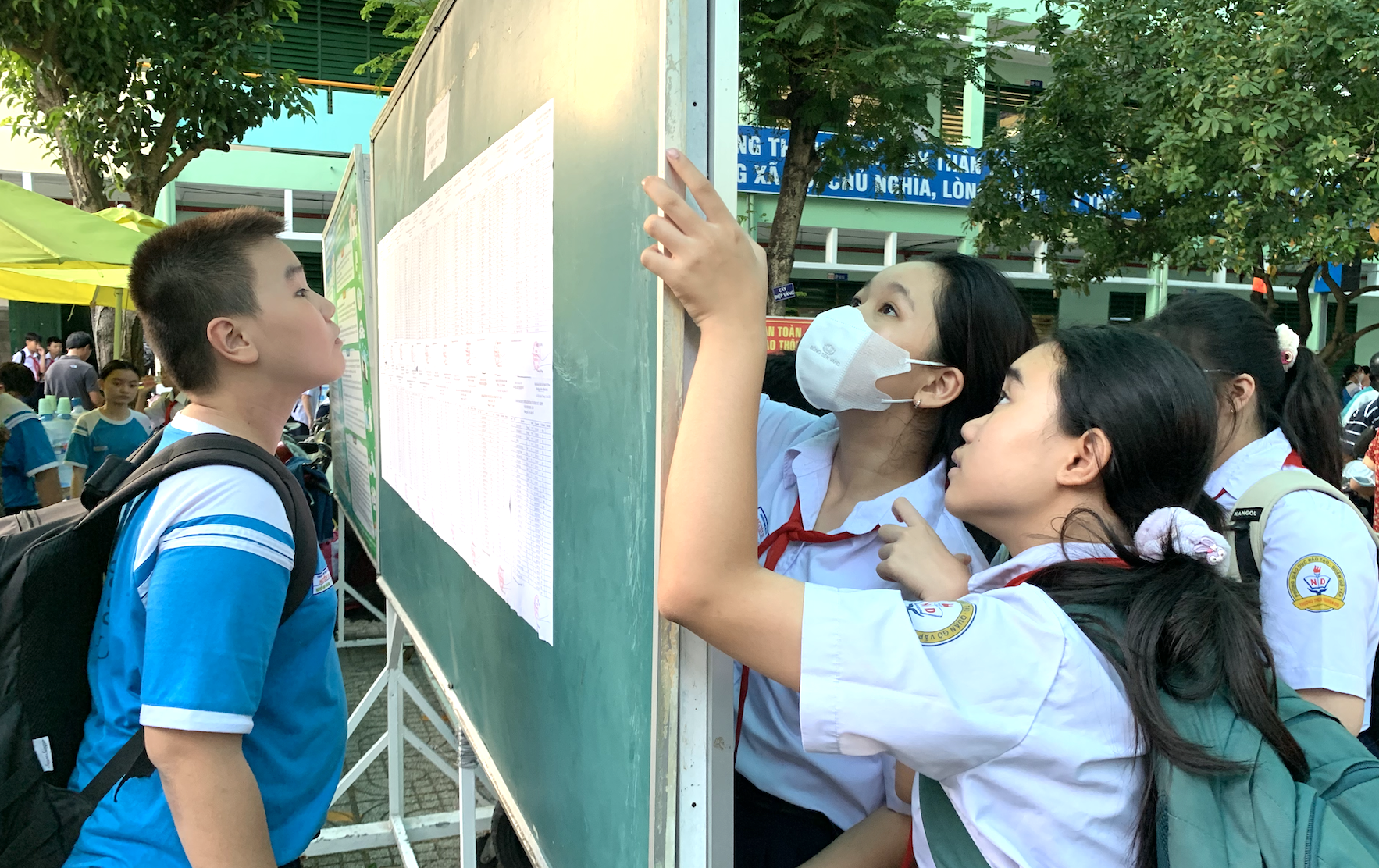
Vietnamese students excel in math according to the PISA survey results conducted by OECD - Photo: TRAN HUYNH
The Organization for Economic Cooperation and Development (OECD) has announced the results of the 2022 Vietnam PISA survey on students' math, reading or science.
Vietnam ranks 2nd in ASEAN region after Singapore
The results, made public by the OECD, are from a survey of 6,068 students in 178 schools in math, reading or science , representing approximately 939,500 15-year-old students (estimated to be about 68% of the total 15-year-old population) in Vietnam.
PISA tests explore how well students can solve complex problems, think critically and communicate effectively.
The PISA 2022 survey focuses on mathematics alongside reading and science; creative thinking is a newly applied assessment area and Vietnamese students are not assessed in this content.
Vietnamese students scored close to the OECD average in math, reading and science. Vietnam ranked second in the ASEAN region after Singapore.
The average score of 3 subjects of Vietnamese students ranked 34th/81 countries (ranking of ASEAN countries as follows: Singapore: 1/81; Brunei: 42/81; Malaysia: 47/81; Thailand: 63/81; Indonesia: 69/81; Philippines: 77/81; Cambodia: 81/81).
For math : Vietnamese students ranked 31/81 countries (ranking of ASEAN countries as follows: Singapore: 1/81; Brunei: 40/81, Malaysia: 40/81; Thailand: 58/81; Indonesia: 69/81; Philippines: 75/81; Cambodia: 81/81).
Science : Vietnamese students ranked 35/81 countries. Reading : Vietnamese students ranked 34/81 countries.
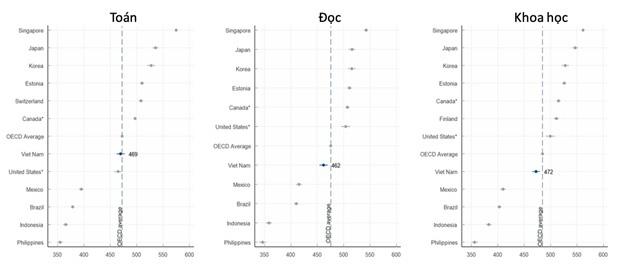
PISA 2022 math scores by socio-economic status index
Comparison countries included the six highest-performing countries in each subject and the five countries with the largest numbers of 15-year-olds.
Vietnamese students have the highest math scores, just behind Hong Kong, Taiwan (China), and South Korea, when calculated according to the PISA index of socio-economic conditions.
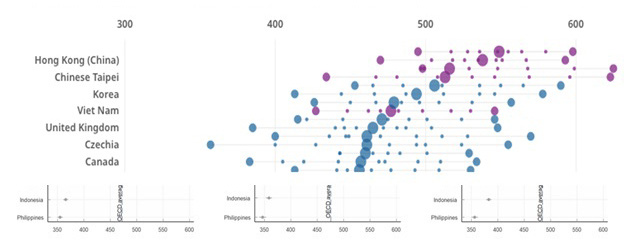
PISA 2022 results: Vietnam, OECD average and selected countries
Vietnamese students excel in math
According to the OECD, in Vietnam, 72% of students achieve at least Level 2 in math (OECD average: 69%). About 5% of students in Vietnam are top performers in math, meaning they achieve Level 5 or 6 in the PISA math test (OECD average: 9%).
About 13% of disadvantaged students in Vietnam achieve high scores in math (OECD average: 10%).
Vietnam's math results ranked fourth on the same socio-economic scale among countries participating in PISA 2022.
The average math score of Vietnamese students is 438 points - one of the highest for students with similar socio-economic backgrounds.
77% of Vietnamese students said that in most math lessons, teachers showed interest in each student's learning (OECD average: 63%), and 83% of teachers provided extra help when students needed it (OECD average: 70%).
About 77% of students in Vietnam achieve reading level 2 or higher (OECD average: 74%). 1% of students achieve high achievement, scoring 5 or higher in reading (OECD average: 7%).
About 79% of students in Vietnam achieve level 2 or above in science (OECD average: 76%). 2% of students achieve high levels in science, meaning they are proficient at level 5 or 6 (OECD average: 7%).
Vietnam's investment resources for education are still too low.
Overall results show that higher education spending is associated with higher PISA math results: Vietnam spends around $13,800 per student aged 6 to 15, while OECD countries/economies spend around $75,000.
How do students progress in their studies?
When taking the PISA 2022 test, 94% of 15-year-old students in Vietnam were enrolled in Grade 10. 97% of students reported having attended preschool for one year or more (OECD average: 94%).
On average across OECD countries, students who attended preschool for one year or more scored higher in mathematics at age 15 than students who had never attended or had attended less than one year, even after accounting for socioeconomic indicators.
According to the Department of Quality Management (Ministry of Education and Training), from the survey results published by OECD, by comparing the results internationally, policymakers and educators in Vietnam can learn from the policies and practices of other countries.
“The survey results also provide insight into how well the education system is preparing students for real-life challenges and future success.
Since Vietnam first participated in PISA in 2012, it has achieved many important results, comparing internationally and regionally and providing national educational analysis data," said a representative of the Department of Quality Management.
What do students say about the school?
In 2022, 85% of Vietnamese students said they easily made friends at school and 82% felt like they belonged at school.
Meanwhile, 14% said they felt lonely at school and 21% felt like an outsider or left out at school.
Compared with 2018, Vietnamese students' sense of attachment to school has improved.
11% of Vietnamese students reported feeling unsafe on the way to school; 5% of students reported feeling unsafe in classrooms at school; 16% of students reported feeling unsafe in other places at school (e.g., hallways, cafeteria, restrooms).
 PISA survey: Vietnam is highly rated in Southeast Asia
PISA survey: Vietnam is highly rated in Southeast AsiaSource



![[Photo] Prime Minister Pham Minh Chinh inspects and directs the work of overcoming the consequences of floods after the storm in Thai Nguyen](https://vphoto.vietnam.vn/thumb/1200x675/vietnam/resource/IMAGE/2025/10/08/1759930075451_dsc-9441-jpg.webp)

![[Photo] Prime Minister Pham Minh Chinh attends the World Congress of the International Federation of Freight Forwarders and Transport Associations - FIATA](https://vphoto.vietnam.vn/thumb/1200x675/vietnam/resource/IMAGE/2025/10/08/1759936077106_dsc-0434-jpg.webp)






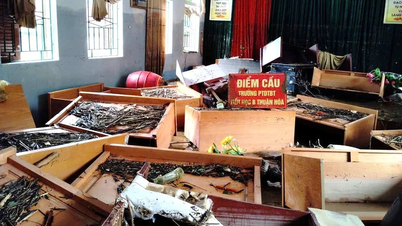



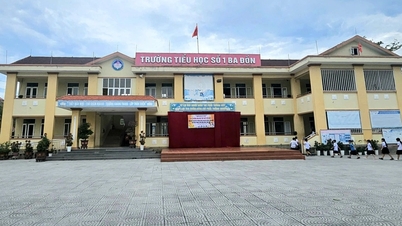

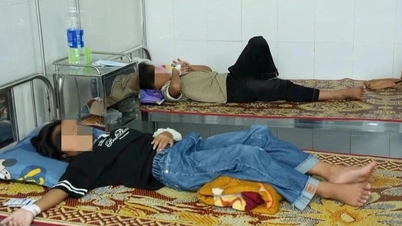
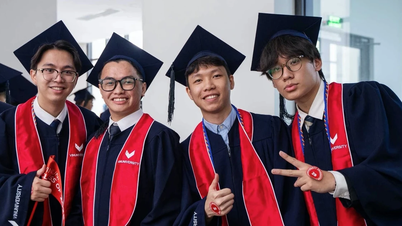

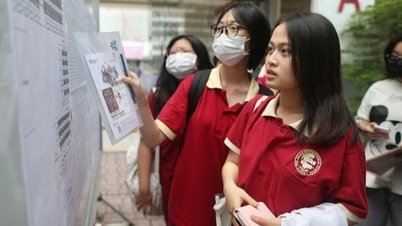
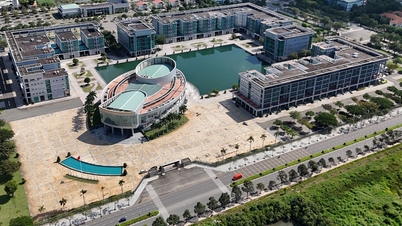

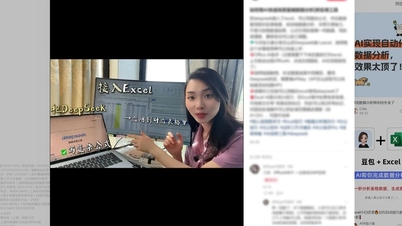


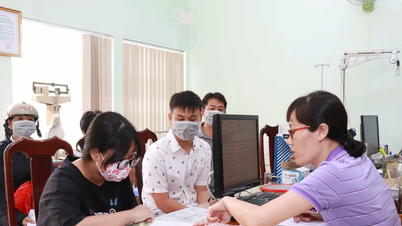




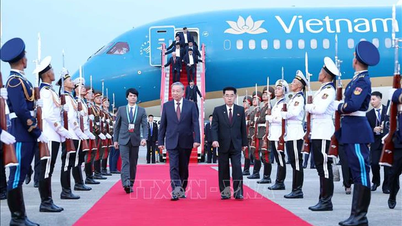




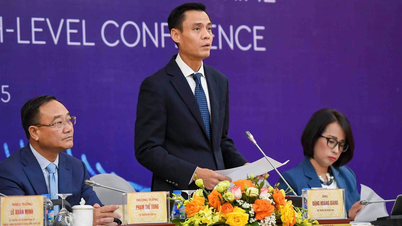

































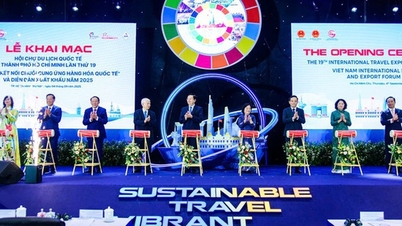





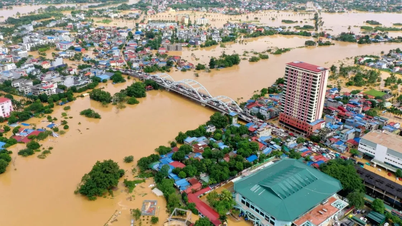


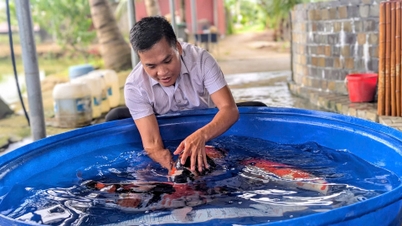



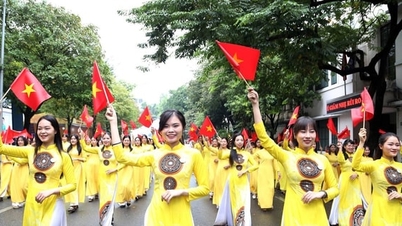
















Comment (0)